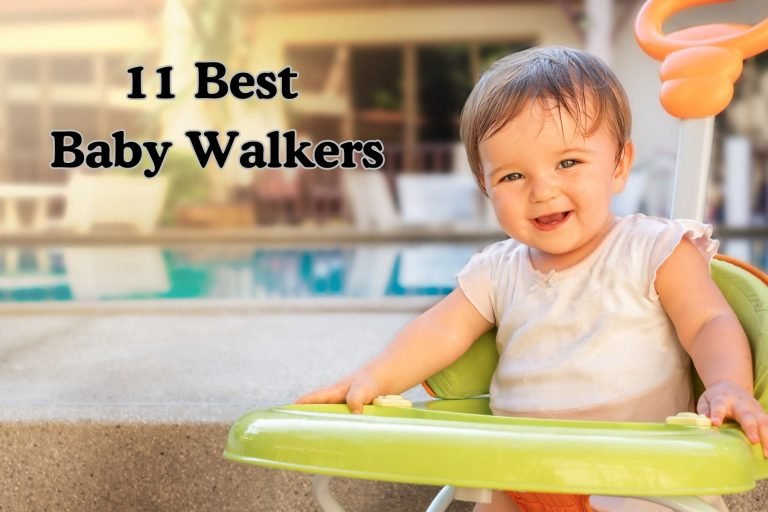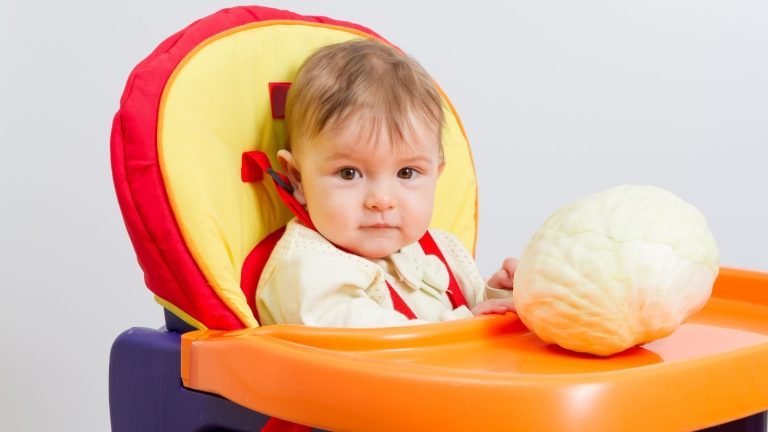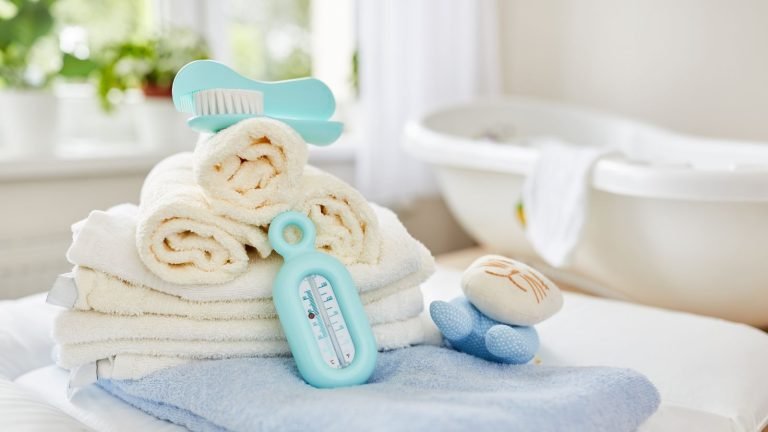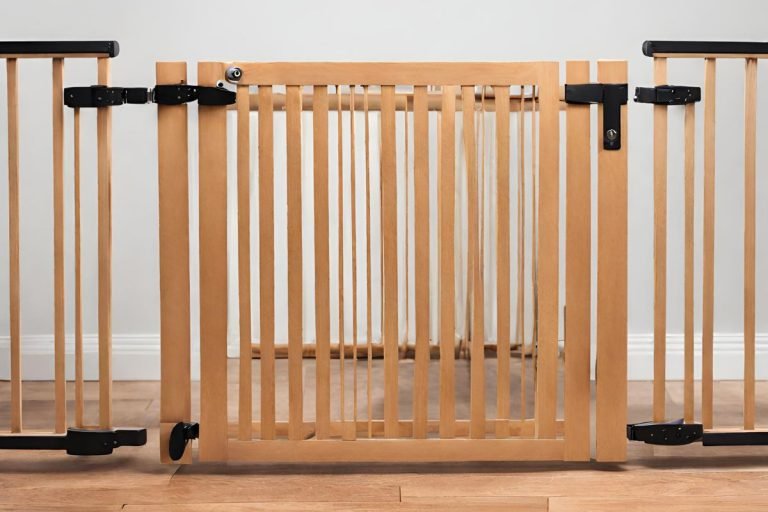Why Do Babies Need a Humidifier?
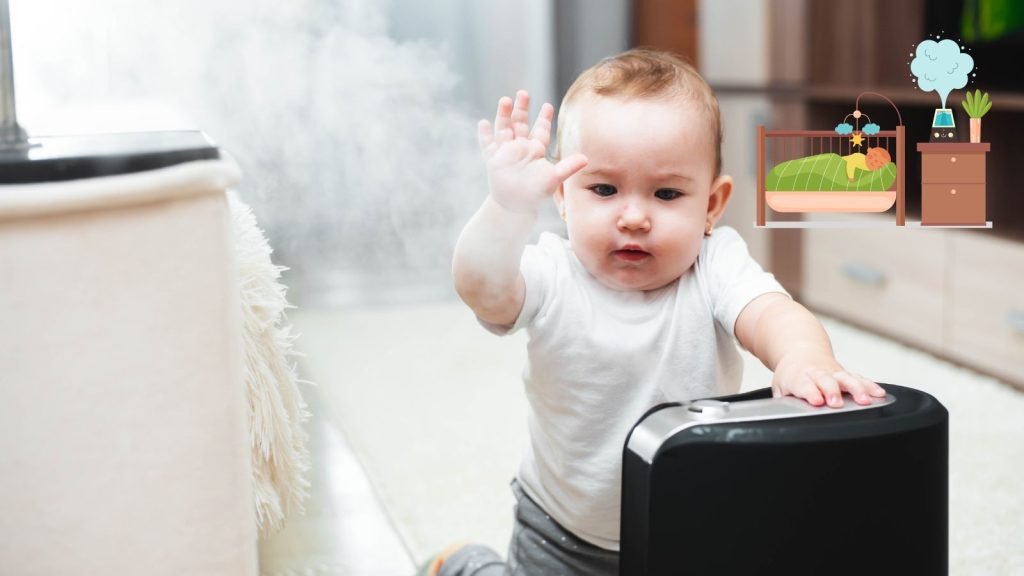
When my little one first struggled with dry skin and nasal congestion, I discovered the transformative power of a humidifier. Using a humidifier in your baby’s room can be a game-changer, especially when dry air from heating systems becomes a breeding ground for respiratory issues.
The humidifier helps your baby to ensure optimal indoor humidity, creating a comfortable and healthy environment. Whether it’s the soothing white noise or the relief from congestion, a humidifier can help your baby sleep better and stay healthier.
In this blog post, we will discuss why do babies need a humidifier and the benefits of using a humidifier for your little one.
How Humidifiers Can Help Babies
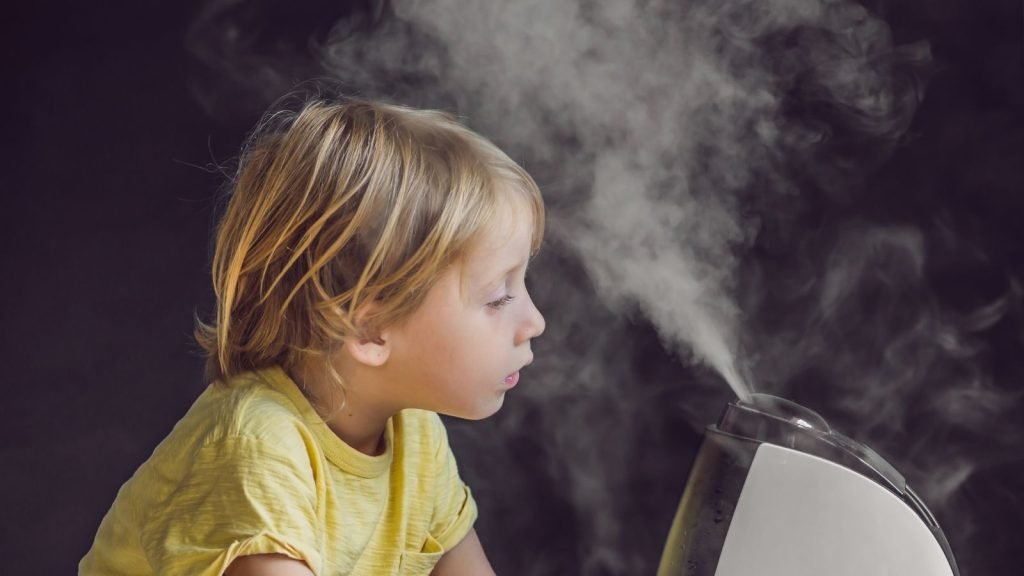
Relieving Congestion and Coughs
Dry air is unsuitable for your baby’s nasal passages, often causing congestion and coughs. Using a humidifier in your baby’s room adds moisture to the air, which can help to reduce nasal congestion and make breathing easier.
Preventing Dry Skin and Chapped Lips
Babies have sensitive skin that quickly becomes dry and chapped in low humidity. Running a humidifier helps hydrate your baby’s skin by adding moisture to the air. This is beneficial for preventing dry skin and chapped lips and is especially helpful for babies with eczema. Keeping the air moist with a humidifier can also help prevent cradle cap and other skin conditions.
Improving Sleep Quality
A humidifier can improve your baby’s sleep quality by maintaining optimal indoor humidity. Moist air helps to keep your baby’s breathing passages clear, reducing the risk of congestion that can disrupt sleep. The white noise from a humidifier can also soothe your little one, helping them sleep more soundly.
What Humidifiers Don’t Do for Babies
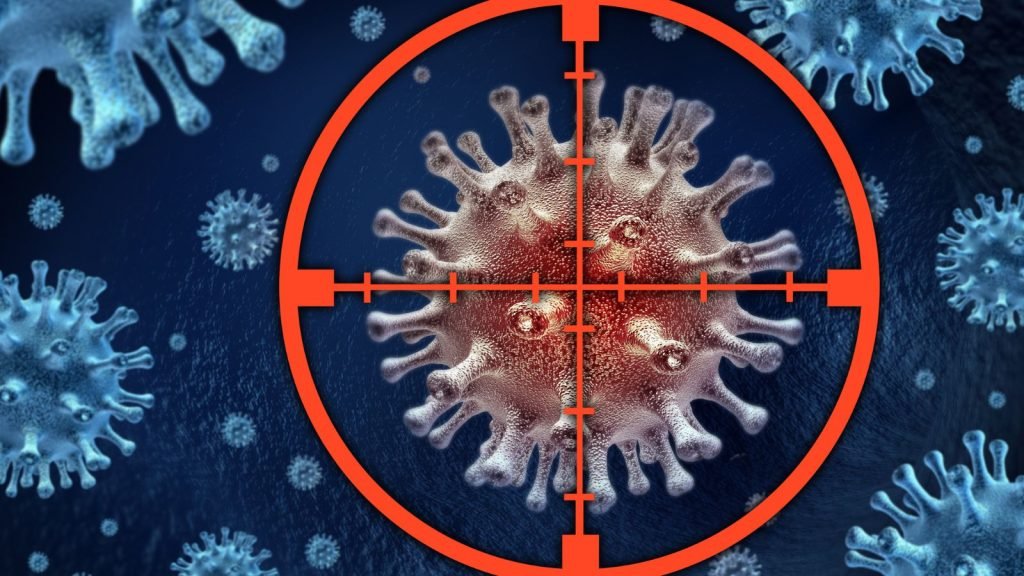
While humidifiers offer numerous benefits for babies, they aren’t a cure-all solution. Understanding their limitations is essential to using them effectively and safely.
Cure Illnesses
A humidifier can help ease symptoms like congestion and dry skin, but it doesn’t cure illnesses. If your baby has a cold or illness, a humidifier can provide comfort but won’t eliminate the underlying cause. Always consult your healthcare provider for proper medical advice and treatments.
Replace Medical Treatments
A humidifier can add moisture to the air and help your baby breathe more quickly, but it should never replace prescribed medical treatments. If your baby has health concerns, follow your doctor’s recommendations and use a humidifier as a supplementary measure.
Solve All Respiratory Issues
Using a humidifier can help reduce some respiratory problems by maintaining indoor humidity levels, but it won’t solve all respiratory issues. A humidifier can help your baby feel more comfortable but is not a substitute for professional healthcare.
Advantages of Humidifier for Baby

Why do babies need a humidifier? Humidifiers provide several benefits that can improve your baby’s health and comfort.
Easing Cold and Flu Symptoms
A humidifier can help ease cold and flu symptoms by adding moisture to the air, which keeps your baby’s nasal passages moist. This reduces nasal congestion, coughing, and throat irritation. The humid air can also help prevent bacteria and viruses from spreading, helping your baby recover more quickly.
Creating a Comfortable Sleeping Environment
A humidifier in your baby’s room creates a more comfortable sleeping environment. The added moisture keeps the air at an optimal humidity level, making breathing more accessible for your baby.
Reducing the Risk of Nosebleeds
Dry air can cause your baby’s nasal passages to become dry and irritated, increasing the risk of nosebleeds. A humidifier adds moisture to the air, keeping your baby’s nasal passages hydrated and reducing nosebleeds.
Helping with Eczema and Dry Skin Conditions
Babies with eczema and other dry skin conditions benefit from a humidifier. The moist air keeps your baby’s skin hydrated, reducing dryness and irritation. This helps prevent flare-ups and keeps your baby’s skin soft and smooth.
When to Use a Humidifier for Your Baby
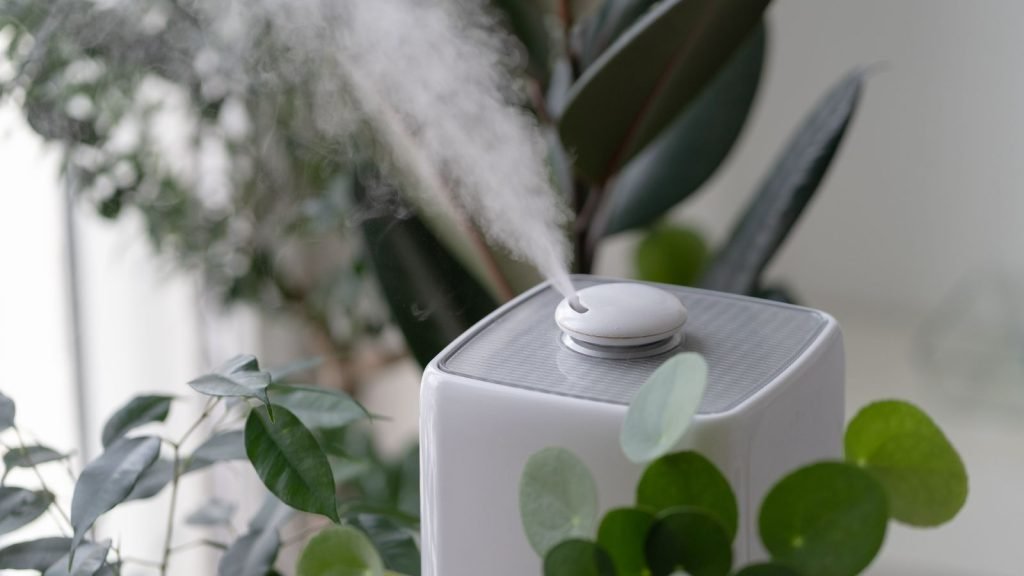
Knowing when to use a humidifier can maximize its benefits for your baby’s health and comfort.
During Dry Seasons
Dry seasons, especially winter, can significantly reduce indoor humidity levels. Running a humidifier during these times adds moisture to the air, preventing your baby’s dry skin, chapped lips, and nasal congestion.
When Your Baby Has a Cold or Respiratory Infection
If your baby has a cold or respiratory infection, using a humidifier can help alleviate symptoms. The added moisture helps to keep nasal passages moist, reducing congestion and making it easier for your baby to breathe and recover.
In Air-Conditioned or Heated Rooms
Air-conditioned or heated rooms can dry out the air, leading to discomfort for your baby. A humidifier in these rooms helps maintain optimal humidity levels, ensuring your baby stays comfortable with hydrated skin and clear nasal passages.
Put Safety First When Selecting a Humidifier
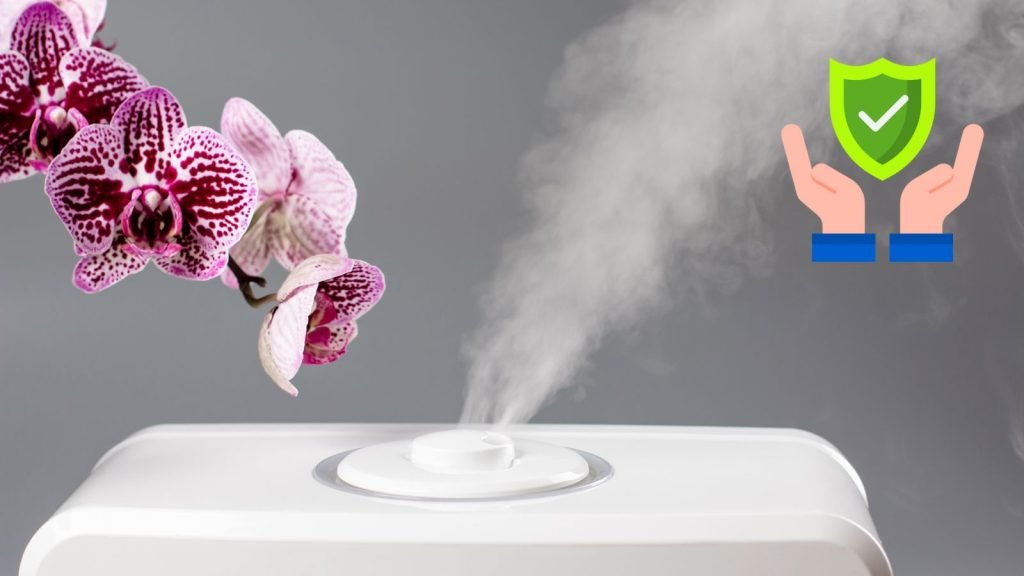
Safety should always be a priority when choosing a humidifier for your baby’s room. Here are key considerations.
Choosing Between Warm Mist and Cool Mist Humidifiers
When selecting a humidifier, consider whether a warm or cool mist option is best. Cool mist humidifiers are generally safer for babies because they don’t involve hot water, reducing the risk of burns. Warm mist humidifiers can be beneficial for killing bacteria and mold but should be used cautiously.
Looking for Safety Certifications
Ensure the humidifier you choose has relevant safety certifications. These certifications indicate that the product has been tested for safety and meets specific standards. Look for certifications from recognized organizations to ensure you select a safe baby product.
Considering Noise Levels
Some humidifiers can be noisy, which might disturb your baby’s sleep. Opt for a humidifier with low noise levels or one that produces a gentle white noise, which can help soothe your baby to sleep. Quiet operation is essential for maintaining a peaceful sleeping environment.
Keep Your Humidifier Clean and well-maintained
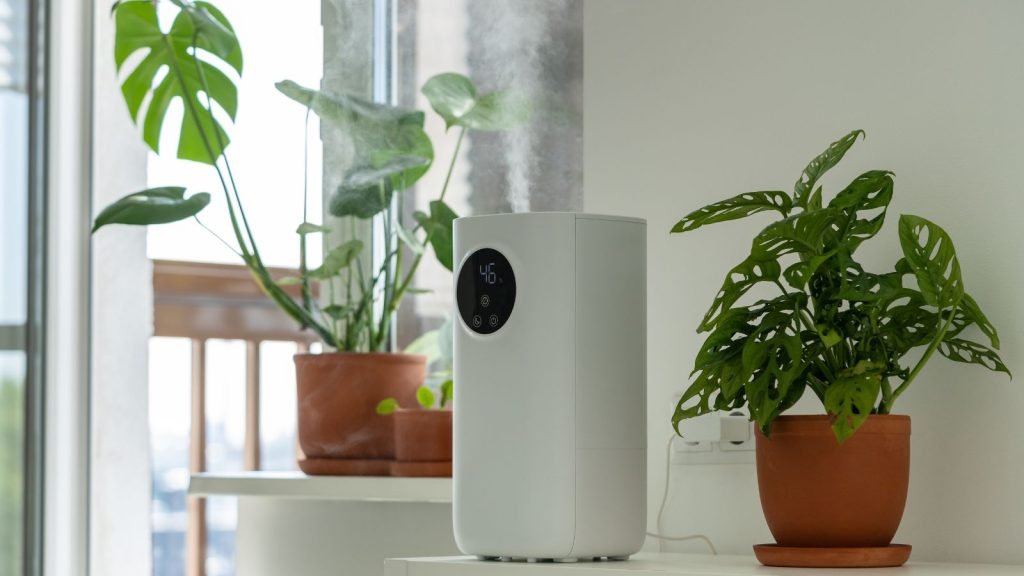
Daily Cleaning Routine
To prevent bacteria and mold growth, clean your humidifier daily. Empty and rinse the water in the humidifier tank, then wipe all surfaces with a clean, damp cloth. This routine ensures your baby breathes in clean, moist air.
Weekly Deep Cleaning
Perform a deep cleaning once a week. Disassemble the humidifier according to the manufacturer’s instructions, then soak parts in water and white vinegar to remove any mineral buildup.
Replacing Filters and Parts as Needed
Regularly check and replace filters and other parts as specified by the manufacturer. Keeping your humidifier in good working order ensures it operates efficiently and continues to provide the best air quality for your baby. This helps reduce the risk of respiratory problems and maintains optimal indoor humidity.
Potential Benefits and Risks of Using a Humidifier for Your Baby

Potential Benefits
- A humidifier can help keep your baby’s nasal passages moist, reducing congestion and coughs, especially during colds or respiratory infections.
- Preventing Dry Skin and Chapped Lips: Running a humidifier helps maintain moisture, preventing dry skin and chapped lips. This is especially beneficial for babies with eczema.
- Improving Sleep Quality: A humidifier can create a comfortable sleeping environment, and white noise can help soothe your baby’s sleep, improving overall sleep quality.
- Reducing the Risk of Nosebleeds: A humidifier helps keep nasal passages hydrated, reducing the risk of nosebleeds caused by dry indoor air.
- Helping with Eczema and Dry Skin Conditions: Moist air from a humidifier can keep your baby’s skin hydrated, helping with eczema and other dry skin conditions.
Potential Risks
- If humidifiers are not cleaned regularly, they can become breeding grounds for mold and bacteria. Regular cleaning is essential to prevent this.
- Over-Humidification: Excessive humidity can cause mold growth in your baby’s room, leading to respiratory issues. Monitor indoor humidity levels (30-50%).
- Burns from Warm Mist Humidifiers: Warm mist humidifiers pose a burn risk. Many parents prefer cool mist humidifiers to avoid this danger.
- Noise Levels: Some humidifiers can be noisy, disturbing your baby’s sleep. Choose a quiet model or one that produces soothing white noise.
Summary
Are you struggling with your baby’s congestion, coughs, or dry skin? A humidifier can be a game-changer! It works by gently adding moisture to the air, creating a soothing environment for your little one.
This is especially helpful during dry winters or when your baby has a cold. The moist air can loosen mucus, ease congestion, and make breathing easier. Humidifiers can also benefit babies with sensitive skin, preventing dryness and eczema flare-ups. Some models even produce calming white noise to lull your baby to sleep.
Frequently Asked Questions
Should babies sleep with a humidifier every night?
Yes, using a humidifier every night can help keep the air moist, making it easier for your baby to breathe and sleep comfortably, especially during dry seasons or in a dry climate.
Is a humidifier good for baby cough?
Yes, a humidifier can help soothe a baby’s cough by adding moisture to the air, reducing throat irritation and congestion.
At what age can you use a humidifier?
You can use a humidifier for your baby from birth. Just make sure to follow safety guidelines and choose a model that is suitable for infants.
When not to use a humidifier?
Avoid using a humidifier if:
- The room is already humid (above 50% humidity).
- The humidifier isn’t cleaned regularly, which can breed mold and bacteria.
- Your baby has respiratory issues, and your doctor advises against it.
Should I buy a humidifier for my newborn?
Yes, a humidifier can benefit a newborn, helping to keep their nasal passages clear and skin hydrated. Just ensure it’s used safely and cleaned regularly.
